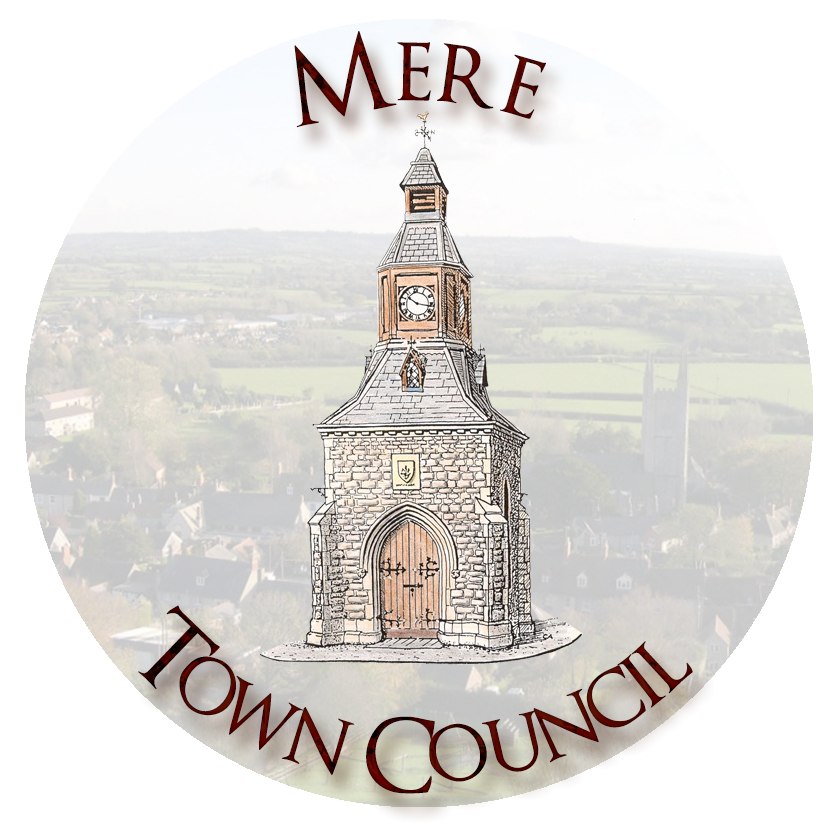History and Heritage
![]()
 There is a wealth of history in this ancient region with evidence suggesting settled farming from as early as Neolithic times. Such a camp may be seen on White Sheet Hill, north west of Mere. Evidence from artefacts found in bowl barrows (burial mounds) confirm the existence of an active farming community from 2000BC.
There is a wealth of history in this ancient region with evidence suggesting settled farming from as early as Neolithic times. Such a camp may be seen on White Sheet Hill, north west of Mere. Evidence from artefacts found in bowl barrows (burial mounds) confirm the existence of an active farming community from 2000BC.
An old track way along the top of Mere Down, going east to west, probably began as a pathway between camps on the high ground. It later became a road for transporting lead mined in the Mendips and, later still, for driving sheep and cattle to market from the west to fairs at Wilton and Salisbury. It was a turnpike road and has, still, milestones along the route dated 1750.
Dominating the town of Mere is Castle Hill, on which Richard, Earl of Cornwall, son of King John, built a fortified castle in 1253. Over the centuries it fell into disrepair and much of the stone was brought down the hill to use in the building of the houses we see around us. Today, there are no visible remains at the top of the hill – just wonderful views. In 1897 it is reputed that foundations and a walled passage were discovered.
Charles II broke his journey in Mere, when fleeing in disguise. after his defeat in the Battle of Worcester in 1651. It was at this time that he dined at the George Hotel in the Square.
In the 1700’s Mere was a centre for linen weaving. A flourishing trade in the import and export of cloth was carried out from a house in The Square. By the early 1800’s the spinning of silk had replaced linen weaving and this continued in Mere until 1891.
William Barnes, noted poet, lived in Mere from 1823 until 1835. He ran a school in the Market House (present site of the Clock Tower).  The school then moved to the Chantry
The school then moved to the Chantry
(a medieval building next to St.Michael’s Church) which was also his home.
The 17th century saw the introduction of the stagecoach and with it the demand for overnight accommodation. 1t was at this time that Mere became a staging post for weary travellers on the London to Exeter route. Little has changed and Mere still offers the visitor a pleasant half-way watering hole for those en-route for the West Country or, for those just wishing to while away the time.
For more information visit Mere Museum site.
